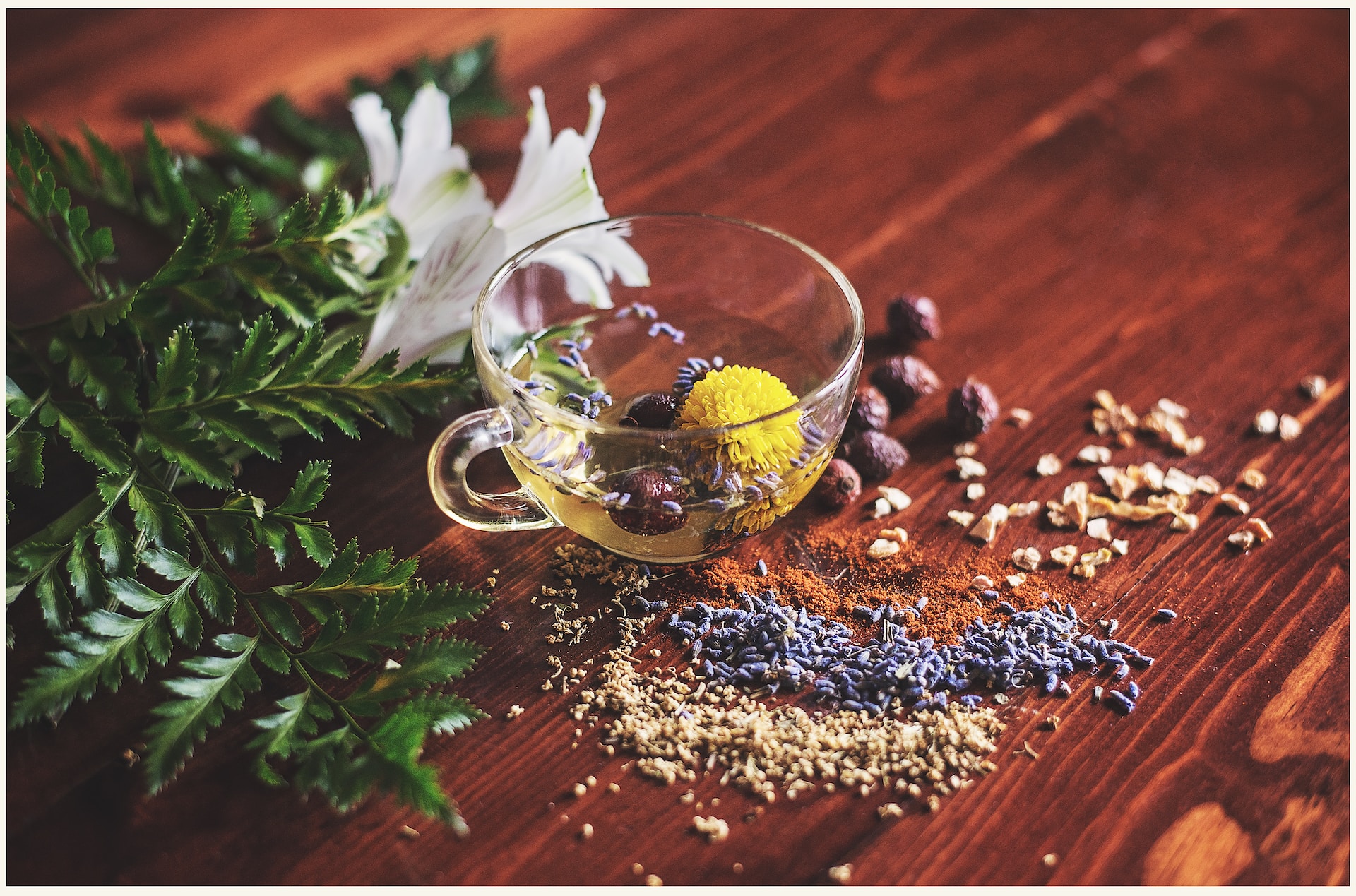When it comes to tea, there are endless possibilities. Herbal teas are no different – there are so many different herbs that can be used to make a delicious and healthy cup of tea. But how do you know which herbal tea is right for you?
In this guide, we’ll introduce you to some of the best hot herbal teas and help you choose the perfect one for your needs. So, let’s get started.
Contents
Benefits of Different Types of Herbal Teas
There are many benefits to drinking herbal teas, depending on the variety. For example, chamomile tea is often used as a natural sleep aid, while ginger tea can help with nausea and vomiting. Herbal teas are considered to help with weight loss, digestion, and stress relief.
Different types of herbs offer different benefits, so it’s important to choose an herbal tea that’s right for your needs. Chamomile, ginger, lavender, mint, and rosemary can be considered the most popular herbal teas on the market. Each of these herbs has unique properties that can offer specific health benefits.
Chamomile Tea: Chamomile tea comes from the dried flowers of the chamomile plant. Chamomile tea has a sweet, floral taste and is naturally caffeine-free. Chamomile tea is often used as a natural sleep aid or to relieve anxiety and tension.
Ginger Tea: Ginger tea is made from the root of the ginger plant. Ginger tea has a spicy, earthy taste and can be enjoyed hot or cold. Commonly, ginger tea will help with nausea and vomiting. Also, indigestion and inflammation.
Lavender Tea: Lavender tea is made from the dried flowers of the lavender plant. Lavender tea has a light, floral taste and is naturally caffeine-free.
How to Choose the Right Herbal Tea for You
Consider the tips below to help you find your perfect herbal tea:
1. Consider what you want to use the tea for. Do you want to relax before bed? Ease an upset stomach? Boost your energy levels? Choose a tea that contains herbs known to help with your specific goal.
2. Pay attention to the flavor. Not all herbal teas taste the same, and some can be quite strong. If you’re not sure how a particular tea will taste, check out online reviews or ask someone at the store for a recommendation. It’s also a good idea to start with a lower-dose tea bag or loose leaves so you can gauge the flavor and adjust as needed.
3. Be aware of any potential side effects. Some herbs can cause side effects like headaches or insomnia if consumed in large quantities, so it’s important to research each ingredient in your tea before drinking it. Always talk to a doctor or pharmacist should you have any concerns about consuming any herbal tea.
Alternatives to Drinking Herbal Teas
For those not into herbal teas, there are plenty of other options out there that can still provide you with the benefits that these drinks offer. Here are a few alternatives to drinking herbal teas:
1. Eating herbs: You can get many of the same benefits from eating herbs as you can from drinking herbal teas. Try adding some fresh or dried herbs to your next meal for a boost of flavor and nutrients.
2. Juicing: Juicing is another great way to get the benefits of herbs without having to drink them in tea form. Simply add some fresh or frozen herbs to your favorite juicer recipe for a nutrient-packed drink.
3. Making infused water: Infusing water with herbs is a refreshing and healthy way to enjoy their benefits. Simply add a few sprigs of your favorite herb to a pitcher of water and let it steep for a few hours before enjoying.
4. Taking supplements: If you’re looking for a more concentrated dose of herb benefits, consider taking supplements. Many herbs are available in pill or capsule form, making them easy to take on the go.
Conclusion
Herbal tea is a wonderful way to enjoy the many health benefits of herbs. With the right information and guidance, it’s easy to choose an herbal tea that suits your needs and tastes. Whether you’re looking for a calming cup before bed or an energizing pick-me-up in the morning, there are plenty of great options out there.



